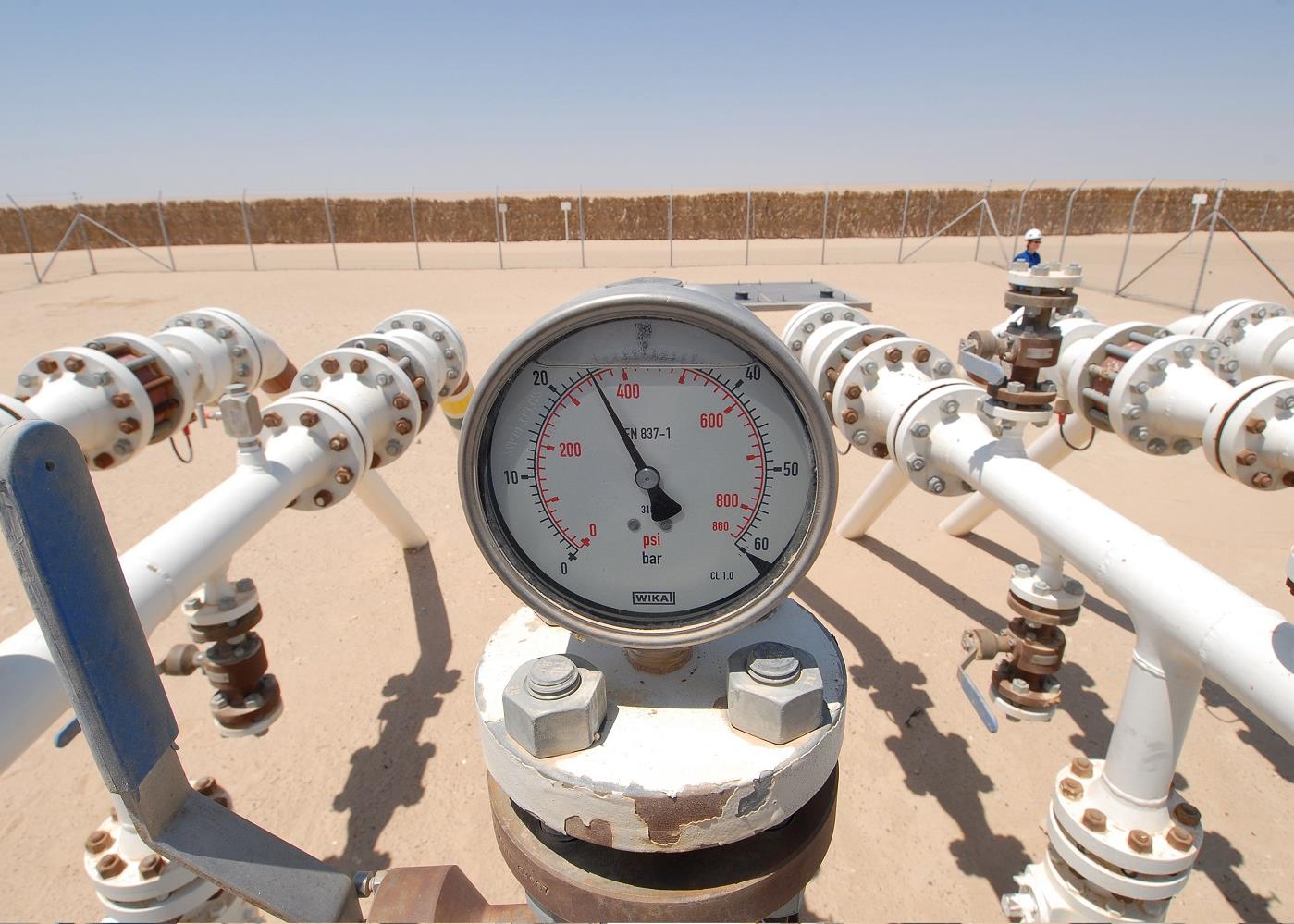
As the Middle East’s power generators come under intense pressure to meet soaring electricity demand, Amman is managing to keep the lights on, but only just.
This year’s peak electricity demand is expected to come within 50MW of the country’s 2,300MW production capacity.
“During the past four years, we have experienced a rapid increase in consumption, with demand growing at 15-18 per cent a year,” says Ahmed Hiyasat, managing director of National Electric Power Company (Nepco), one of a group of state-owned companies set up to manage the country’s power sector after the break-up of Jordan Electricity Authority in 1996.
A range of factors are contributing to Jordan’s rising power consumption. The economy has enjoyed annual economic growth of about 7 per cent in recent years, which has boosted industrial and commercial demand, while the rising oil price has driven consumers to increasingly use electricity for heating and air-conditioning.
“There has been a change in consumers’ behaviour in the past two years,” says Hiyasat. “In 2006, we experienced our first-ever winter peak in electricity demand.”
Despite milder weather, the 2008 summer demand peak still exceeded 2007’s, albeit by only 20-30MW.
Fortunately, Jordan’s links to grids in Egypt and Syria mean that for the time being at least, there is enough power to go around.
The kingdom buys 100-150MW of generation from Egypt a day to cope with peak load demand, and Nepco expects to import about 300 gigawatt hours of electricity from its neighbour in 2008.
Jordan also has a programme to bring in private companies to build additional generating capacity, with two independent power projects (IPPs) under way.
On 25 July, two gas turbines were started up at the country’s first IPP, Al-Manakher, in the east of Amman.
A 130MW steam turbine will also begin generating in the first half of 2009, taking total capacity at the station to 400MW.
Talks are also under way with the preferred bidder for the kingdom’s second IPP project, at Al-Qatrana.
A consortium of Korea Electric Power Corporation and Saudi Arabia’s Xenel Industries submitted the lowest bid for the 400MW facility, which is expected to start generating in December 2010 or early 2011.
However, these two schemes will be insufficient to keep pace with Jordan’s fast-rising electricity demand.
Amman is doing its best to bridge the gap. Emergency plans were introduced in 2007 to accelerate the development of the country’s power infrastructure, involving not only additional generation capacity, but also the addition of new substations and overhead lines, and the expansion of existing networks.
In March 2008, the national energy regulator increased the price of electricity by about 30 per cent in an effort to dampen demand growth.
But the key issue in the kingdom’s efforts to keep supply and demand in balance is how quickly it is able to develop another IPP.
While the first two IPPs fall under Energy & Mineral Resources Ministry jurisdiction, the third will be led by Nepco itself.
In an effort to accelerate the process, the organisation has submitted proposals to the national electricity regulator requesting that it be allowed to bypass the open tender process used for previous private power projects and go straight to direct negotiations with selected companies.
Under the plans, Nepco would invite proposals for the new facility from the companies already involved in power generation in the country.
One of the candidates would be the consortium that is building the first IPP: a team of Dubai-based AES Oasis and Japan’s Mitsui & Company.
The others would be Central Electricity Generating Company, in which Amman-based Energy Arabia has a 51 per cent stake, and state-owned Samra Electric Power Generating Company.
“We have suggested that one of the three companies expand the facilities on their existing sites,” says Hiyasat.
In principle, the regulator would prefer the new contract to be awarded through an open tender process, but Nepco hopes that Jordan’s critical need to bring on new generation quickly will be taken into account.
Key fact
15%
The annual rate at which Jordan’s power consumption is increasing
You might also like...

Algeria signs oil deal with Swedish company
19 April 2024

Masdar and Etihad plan pumped hydro project
19 April 2024

Ewec signs Ajban solar PV contract
19 April 2024

Contractor orders compressors for onshore project
18 April 2024
A MEED Subscription...
Subscribe or upgrade your current MEED.com package to support your strategic planning with the MENA region’s best source of business information. Proceed to our online shop below to find out more about the features in each package.








